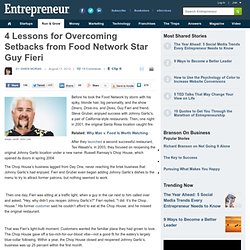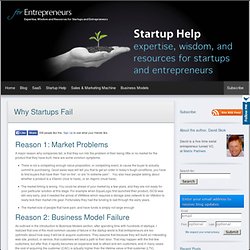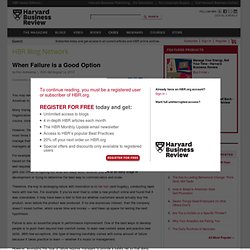

Just Say No: VC terms that can really hurt. Guest Author · December 2nd, 2009 Thanks to Atlas Venture for supporting Venture Hacks this month.

This post is by Fred Destin, one of Atlas’ general partners. If you like it, check out Fred’s blog and tweets @fdestin. And if you want an intro to Atlas, send me an email. I’ll put you in touch if there’s a fit. If you believe the blogosphere chatter, the entrepreneur-VC relationship seems strained like at no time in the past. I see a lot of misguided commentary out there focused on the wrong issues, such as “how can you ask for liquidation preferences and call yourself entrepreneur friendly?” What I wanted to do here instead is focus on a few of the clauses that entrepreneurs should absolutely avoid; the wrong tradeoffs which later expose them to really “losing” their company. Now we own you: Full ratchet anti-dilution Anti-dilution is usually mild. This gets nasty when serious money has been raised. Your ownership just evaporated. 4 Lessons for Overcoming Setbacks from Food Network Star Guy Fieri.
Image credit: John Lee Before he took the Food Network by storm with his spiky, blonde hair, big personality, and the show Diners, Drive-ins, and Dives, Guy Fieri and friend, Steve Gruber, enjoyed success with Johnny Garlic's, a pair of California-style restaurants.

Then, one night in 2001, the original Santa Rosa location caught fire. Related: Why Man v. Food Is Worth Watching After they launched a second successful restaurant, Tex Wasabi's, in 2003, they focused on reopening the original Johnny Garlic location under a new name: Russell Ramsay’s Chop House, which opened its doors in spring 2004. The Chop House’s business lagged from Day One, never reaching the brisk business that Johnny Garlic’s had enjoyed. Then one day, Fieri was sitting at a traffic light, when a guy in the car next to him called over and asked, "Hey, why didn’t you reopen Johnny Garlic’s?
" That was Fieri’s light-bulb moment. Related: 6 Steps to a Successful Business Launch 1. 2. 3. 4. Why Startups Fail. A major reason why companies fail, is that they run into the problem of their being little or no market for the product that they have built.

Here are some common symptoms: There is not a compelling enough value proposition, or compelling event, to cause the buyer to actually commit to purchasing. Good sales reps will tell you that to get an order in today’s tough conditions, you have to find buyers that have their “hair on fire”, or are “in extreme pain”. You also hear people talking about whether a product is a Vitamin (nice to have), or an Aspirin (must have).The market timing is wrong. You could be ahead of your market by a few years, and they are not ready for your particular solution at this stage. As outlined in the introduction to Business Models section, after spending time with hundreds of startups, I realized that one of the most common causes of failure in the startup world is that entrepreneurs are too optimistic about how easy it will be to acquire customers.
Why Failure Is the Foundation of Innovation. Whether you believe it or not, mistakes can often be used to create insights and stimulate innovation.

Honda’s founder, Sochiro Honda, said it well: "Success is 99% failure. " Many winning products have their origin in failure. McDonald’s Hula Burger (1962), Apple’s Lisa (1983), Coca Cola’s New Coke (1985), or Corning’s DNA Microarray (1998). Mistakes allow for variation far beyond what was expected--you make a wrong turn but find a better road to your destination. Thanks to mistakes, we now have such medical innovations as penicillin, smallpox vaccine, pacemakers, Viagra, and many others, all well documented in the book Happy Accidents. This is why it’s so crucial for companies to foster a culture that celebrates productive mistakes, the kind that can stimulate thoughts and generate new paths. The Truth About Failure James Joyce noted rather poetically that “mistakes are our portals of discovery.” But these great examples are the exception to the rule. Handling Failure 1. 2. 3. When Failure is a Good Option - Ron Ashkenas. By Ron Ashkenas | 8:00 AM August 14, 2012 You may remember the line uttered by Ed Harris in the movie Apollo 13: “We’ve never lost an American in space and we’re sure as hell not gonna lose one on my watch!

Failure is not an option.” Many managers use this same expression with their teams, and in most cases it’s appropriate. Organizations are in business to win — to serve customers better than the competition. And, of course, none of us wants to fail. However, there are some occasions where failure is not only appropriate but absolutely necessary, most times to generate learning and improvement. For example, true organizational innovation is impossible without failure. Therefore, the key to leveraging failure with innovation is to fail fast (and frugally), conducting rapid tests with low risk. Failure is also an essential player in performance improvement.